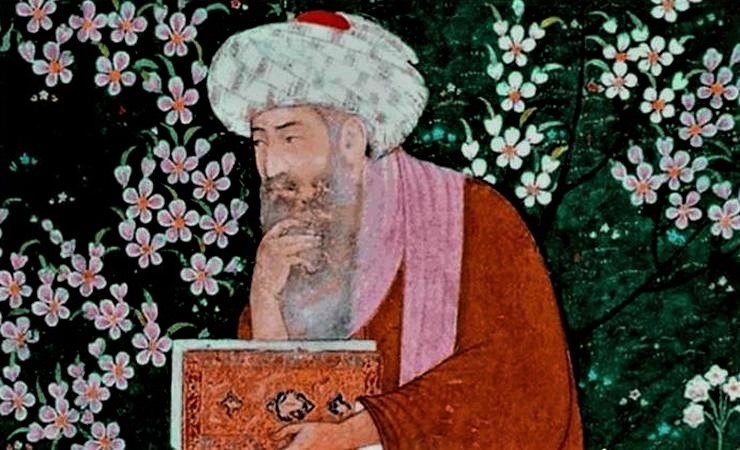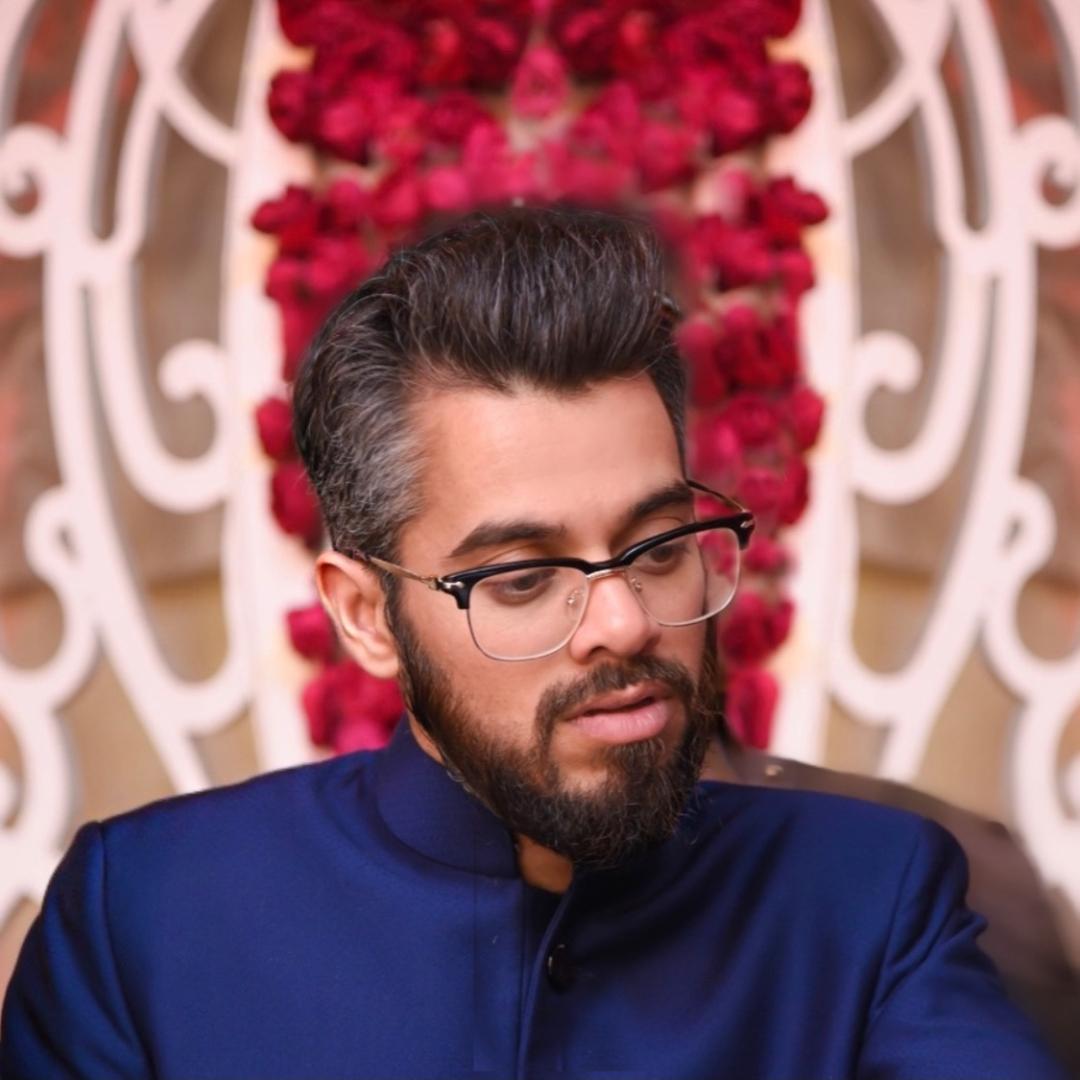Ismail Lala
Wokeism and Spiritual Legalism: Ibn 'Arabi's
Law for the Individual
Ismail Lala

Wokeism is the banner under which individualism strives to assert itself in the modern context. If this is true, then jurisprudence, which seeks to impose universal judgements for moral and social transgressions, would be its natural antithesis. Yet in the spiritual legalism of the ubiquitous thirteenth-century mystical theorist, Muhyi al-Din ibn ‘Arabi (d. 1240), Islamic jurisprudence is highly subjectivised. Standardisation and codification are subordinated to the lived reality of the individual. Does this individualised law represent a ‘woke law’, or does Ibn ‘Arabi’s spiritual legalism simply seek to assert the primacy of intentionality in jurisprudence? This study explores the fault lines between a ‘woke’ Islamic law and an individualised Islamic law through the legal framework Ibn ‘Arabi delineates, and interrogates whether the two may be seen as the same thing.
As is commonly known, the term ‘woke’ has evolved from its origins in the civil rights movement as a term denoting the consciousness of systemic inequalities to a symbol for political correctness in which the rights of all marginalised groups are protected. My purpose here is not to go over the various iterations and evolutions of the term, it is to investigate the idea of protecting individualism that ‘wokeism’ has come to represent in the modern context, against a jurisprudential system that—by its very nature—seeks to impose a procrustean legal outline that all individuals must conform to. Does this mean traditional Islamic jurisprudence cannot be ‘woke’? And if it can, what would a ‘woke’ Islamic law look like?
Rather than look at the wide-ranging application of Islamic jurisprudence across the globe, it would be more fruitful to go back to the origins of the term in the Qur’an. Q9:122, in which the verbal form V of the term features, runs:
And the believers should not go out to fight all at once. Of every group of them, a section only should go, so that those who are left behind may gain ‘tafaqquh’ in religion, and so that they may warn their people when they return to them, that they may be warned.
The celebrated grammarian, Abu’l-Qasim al-Zamakhshari (d. 1144), explains that the term entails ‘difficulties that come with acquiring it (i.e. the law)’ (Zamakhshari, 2:323). The reason for this, Eric Winkel believes, is that the law is constantly changing according to the needs and spirituality of each person; indeed, it imbibes ‘the radical ambiguity of existence’ (Winkel, 1996, 44). It is this ‘radical ambiguity’, he laments, that formalistic legalism has suppressed. Ibn ‘Arabi’s law for the individual, or his sapiential legal thought restores this aspect of the law and returns the term to its original denotation (Murata, 1992).
Ibn ‘Arabi explains that humankind is the pinnacle of the divine creation because it has the potentiality to manifest all of God’s ‘most beautiful Names’ (Al-Asma’ al-husna) that are mentioned in the Qur’an in one locus of divine manifestation, unlike all other existents in phenomenal reality and the pre-phenomenal realms that only manifest one Name (Ibn ‘Arabi, 2002). Yet the potentiality to manifest these divine Names, which represents the impetus for the creation of the cosmos and everything in it, is not always realised (Lala, 2019). The journey each person takes towards the actualisation of their potentiality is always unique, which is emblematic of their unique relationship to God. The corollary of this is that Islamic law, which is the conduit for actualisation of this potentiality to manifest all the divine Names, must needs be unique for each person and in each moment. This gainsays imposition of generic laws upon people, or even, the same laws at different moments for the same person.
Ibn ‘Arabi’s solution to this is what we might categorise as a ‘woke law’, inasmuch as it champions the individuality of each person and respects their personal journal towards actualisation of their potentiality. This is not to suggest that the modern usage of ‘wokeism’ can be superimposed on the legal paradigm Ibn ‘Arabi delineates in the thirteenth century, which would be consummately anachronistic. Nevertheless, Ibn ‘Arabi’s break from other legal theoreticians in not choosing to establish definitive legal rulings for all situations, and instead affording the individual a choice of rulings—each with distinctive spiritual underpinnings—to better foster their inculcation of divine traits (Lala, 2022), represents an exaltation of individuality that has parallels with modern iterations of ‘wokeness’.
References
Ibn 'Arabi, Muhammad ibn ‘Ali ibn Muhammad. Fusus al-hikam, edited by Abu’l-‘Ala’ ‘Afifi. Beirut: Dar al-Kitab al-‘Arabi, 2002.
Lala, Ismail. Knowing God: Ibn Arabī and ‘Abd al-Razzāq al-Qāshānī’s Metaphysics of the Divine. Leiden: Brill, 2019.
Lala, Ismail. ‘Ibn ‘Arabi and Kafka on God and the Law: The Case of ‘Isa the Man from the Country and Josef K’, Oxford Journal of Law and Religion, 2022. https://doi.org/10.1093/ojlr/rwac003
Murata, Sachiko. The Tao of Islam: A Sourcebook on Gender Relationships in Islamic Thought. Albany: State University of New York Press, 1992.
Winkel, Eric. Islam and the Living Law: The Ibn Al-Arabi Approach. Oxford: Oxford University Press, 1996.
Zamakhshari, Abu’l-Qasim, al-. Al-Kashshaf ‘an ḥaqa’iq ghawamiḍ al-tanzil. Beirut: Dar al-Kitab al-‘Arabi, 1987.
 Ismail Lala is Assistant Professor of Philosophy at Gulf University for Science and Technology. He has previously taught at the Oriental Institute, University of Oxford. His interests include Islamic philosophy, Sufism, Qur’anic exegesis, Islamic law, and Hadith studies.
Ismail Lala is Assistant Professor of Philosophy at Gulf University for Science and Technology. He has previously taught at the Oriental Institute, University of Oxford. His interests include Islamic philosophy, Sufism, Qur’anic exegesis, Islamic law, and Hadith studies.
Back to Meridian 4.png)

